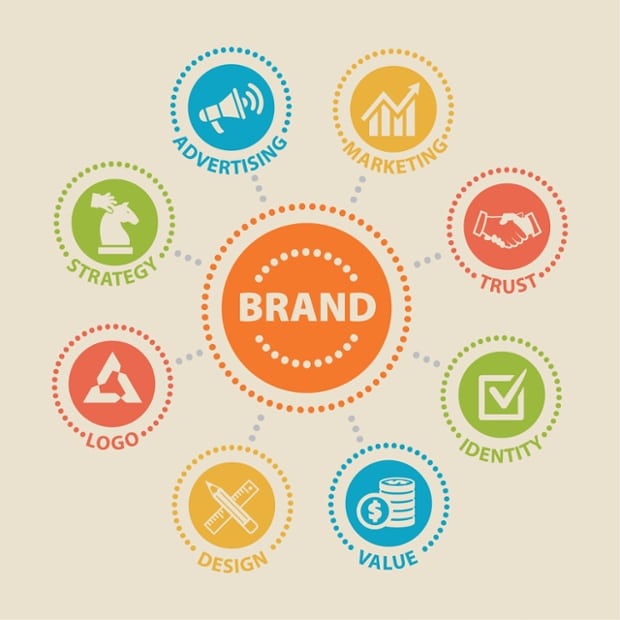Marketing apps on Shopify Ecommerce App Store.


6 Types of Marketing Strategies for Your Small Business - The Blueprint

Marketing - Online Courses, Classes, Training, Tutorials on Lynda
Unknown Facts About Agricultural Marketing Service: Home
Client to customer marketing or C2C marketing represents a market environment where one consumer purchases items from another customer using a third-party organization or platform to assist in the transaction. C2C companies are a brand-new type of design that has emerged with e-commerce innovation and the sharing economy. Full Article of B2B and B2C marketing cause differences in the B2B and B2C markets. The main differences in these markets are need, buying volume, number of consumers, client concentration, circulation, buying nature, purchasing impacts, settlements, reciprocity, leasing and promotional methods. Need: B2B need is obtained due to the fact that businesses purchase products based on how much need there is for the final consumer product.
B2C demand is mainly due to the fact that customers buy items based on their own desires and needs. Getting volume: Companies buy products in large volumes to distribute to consumers. Consumers buy products in smaller volumes suitable for personal usage. Variety of consumers: There are relatively fewer organizations to market to than direct consumers. Customer concentration: Organizations that specialize in a specific market tend to be geographically concentrated while customers that buy items from these businesses are not focused. Circulation: B2B products pass directly from the manufacturer of the item to the organization while B2C products must furthermore go through a wholesaler or seller.
The Greatest Guide To What is Marketing, and What's Its Purpose? - HubSpot Blog
Purchasing impacts: B2B buying is affected by several individuals in different departments such as quality assurance, accounting, and logistics while B2C marketing is only affected by the individual making the purchase and perhaps a couple of others. Settlements: In B2B marketing, working out for lower rates or included advantages is commonly accepted while in B2C marketing (especially in Western cultures) costs are fixed. Reciprocity: Organizations tend to purchase from companies they sell to. For example, a business that sells printer ink is most likely to buy workplace chairs from a supplier that buys the service's printer ink. In B2C marketing, this does not happen due to the fact that customers are not likewise offering items.

